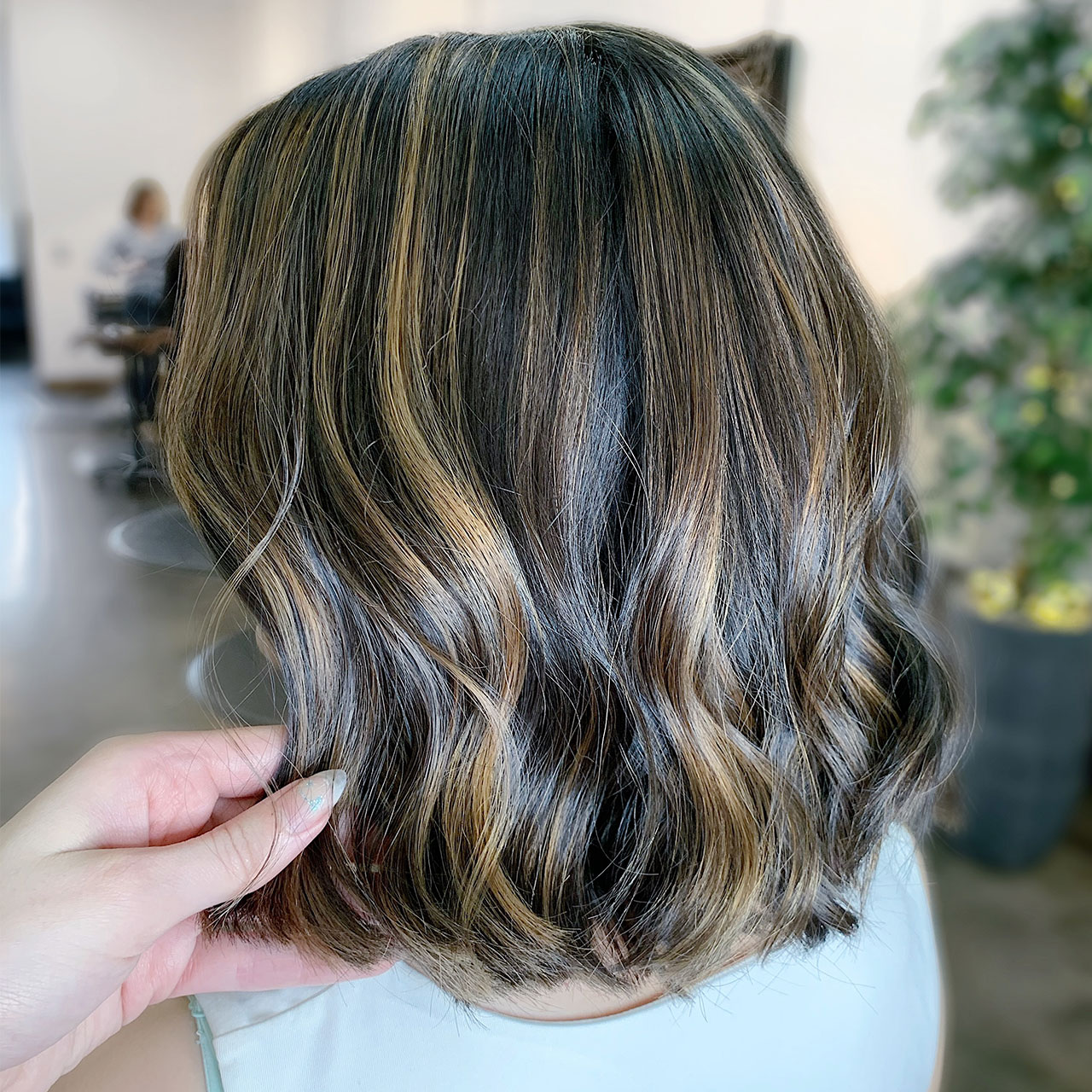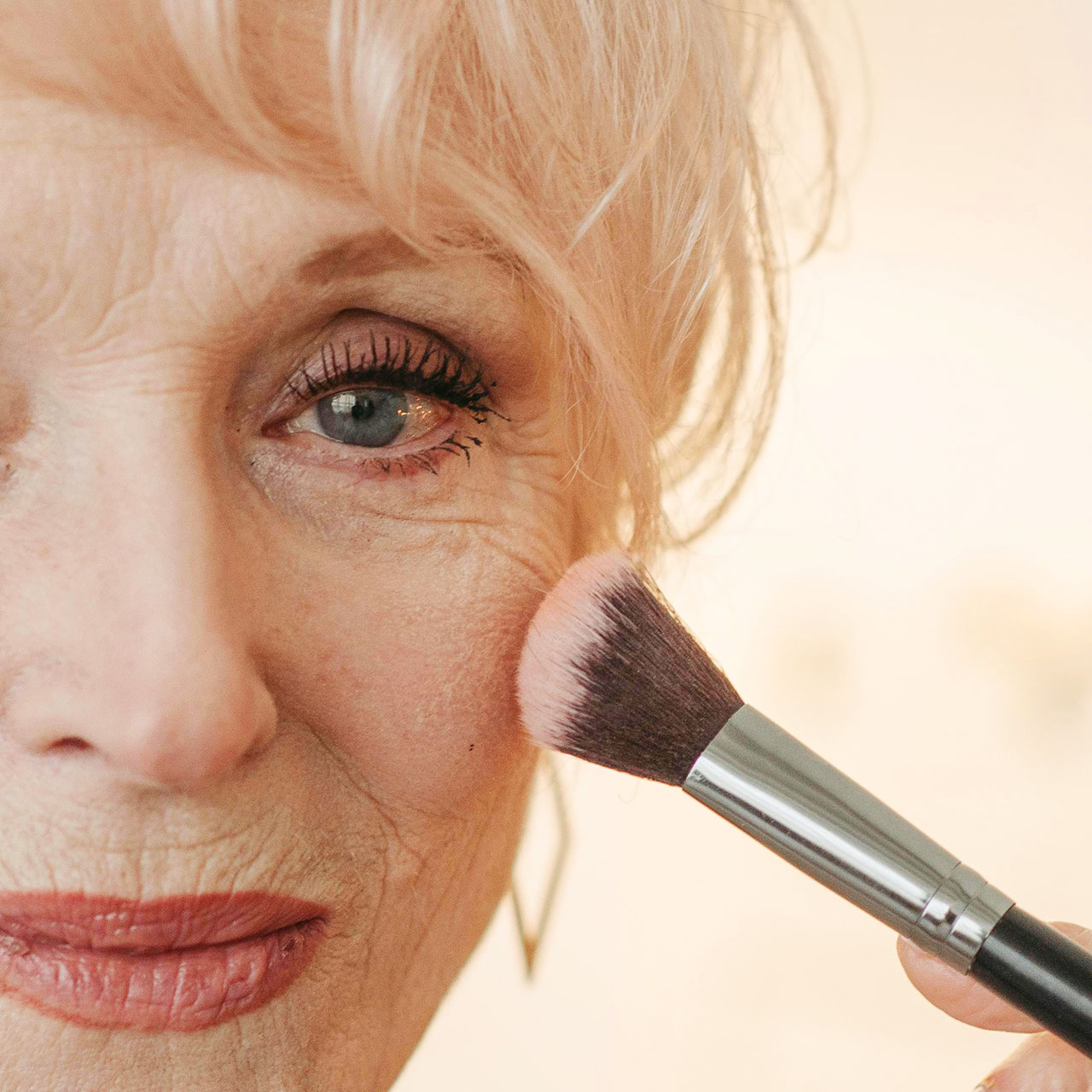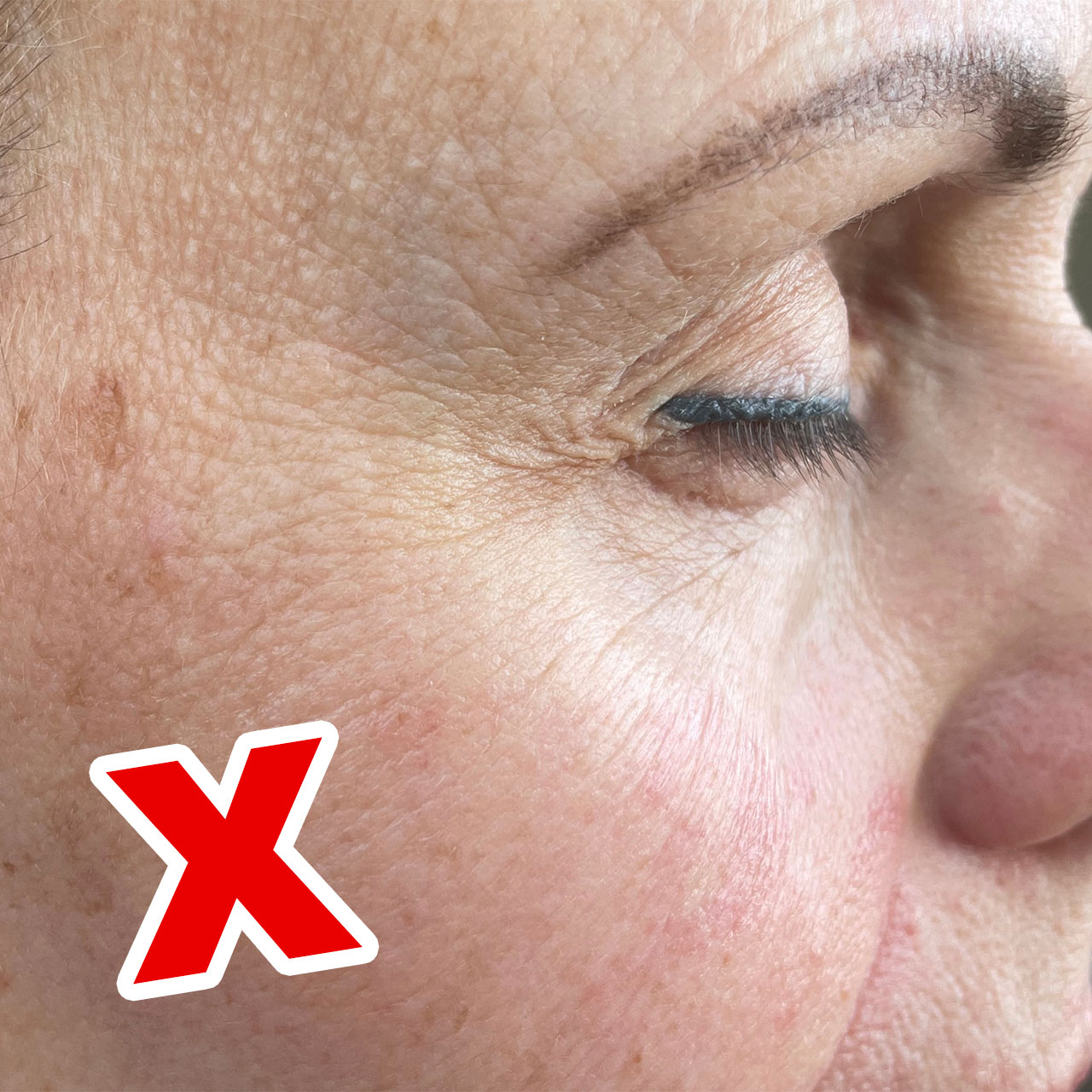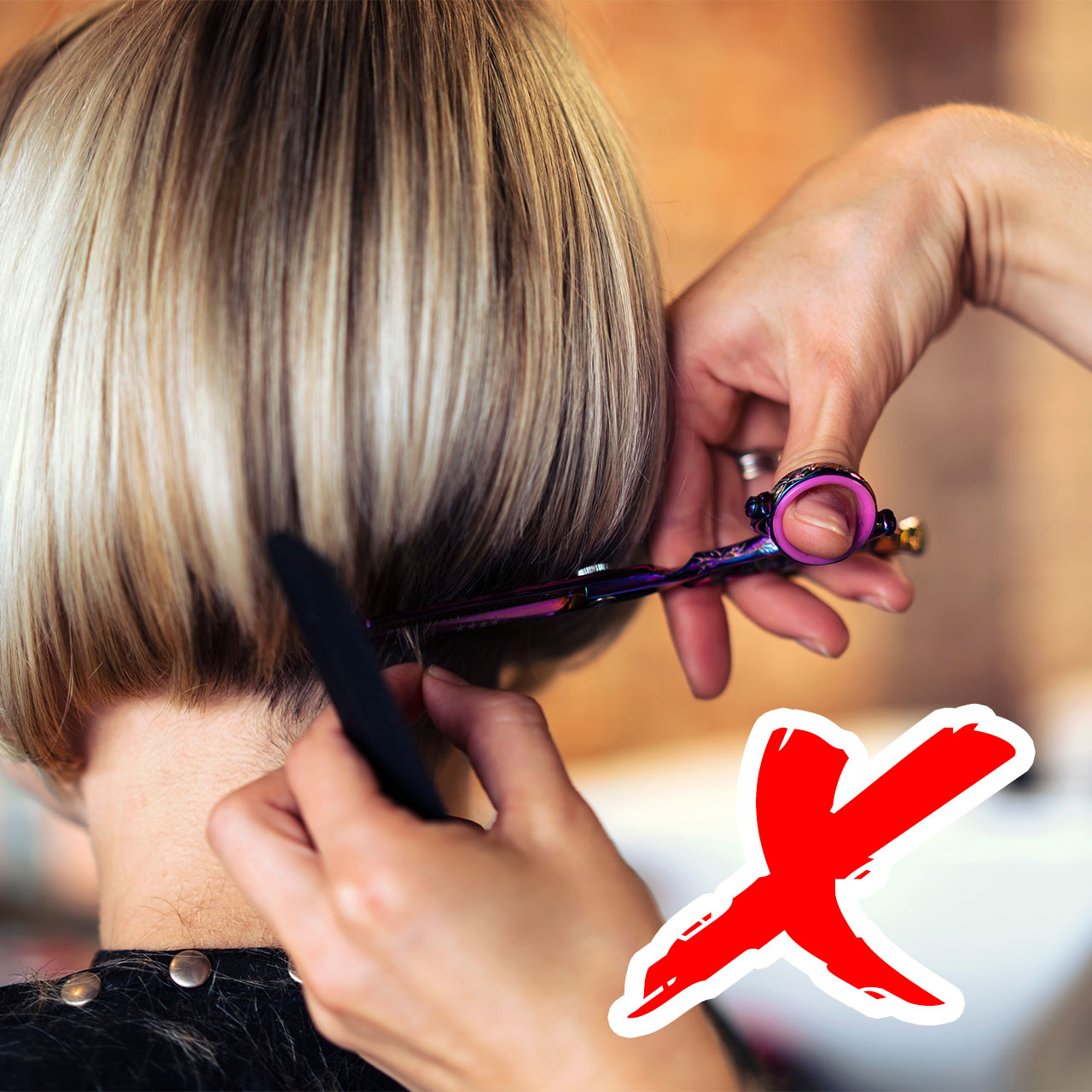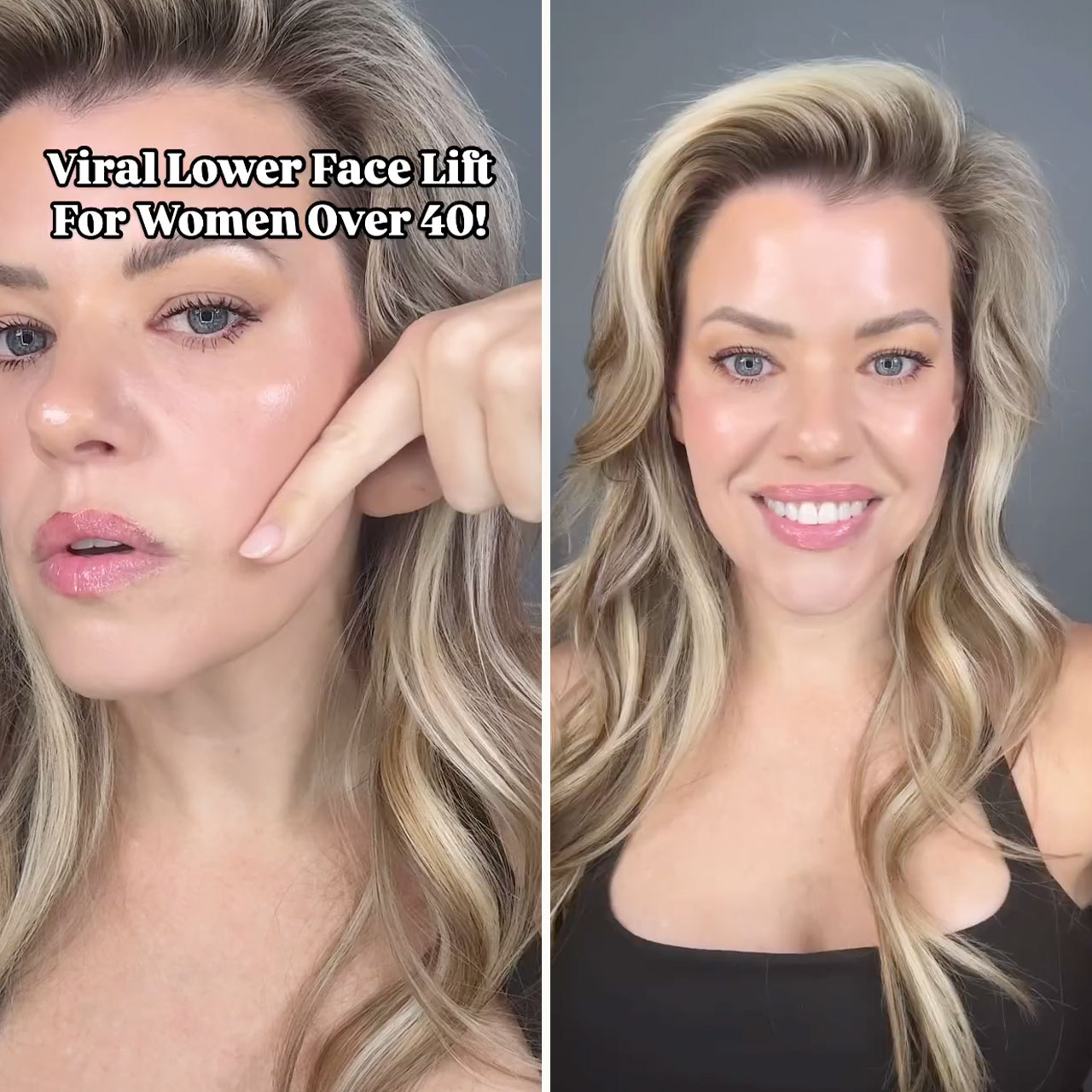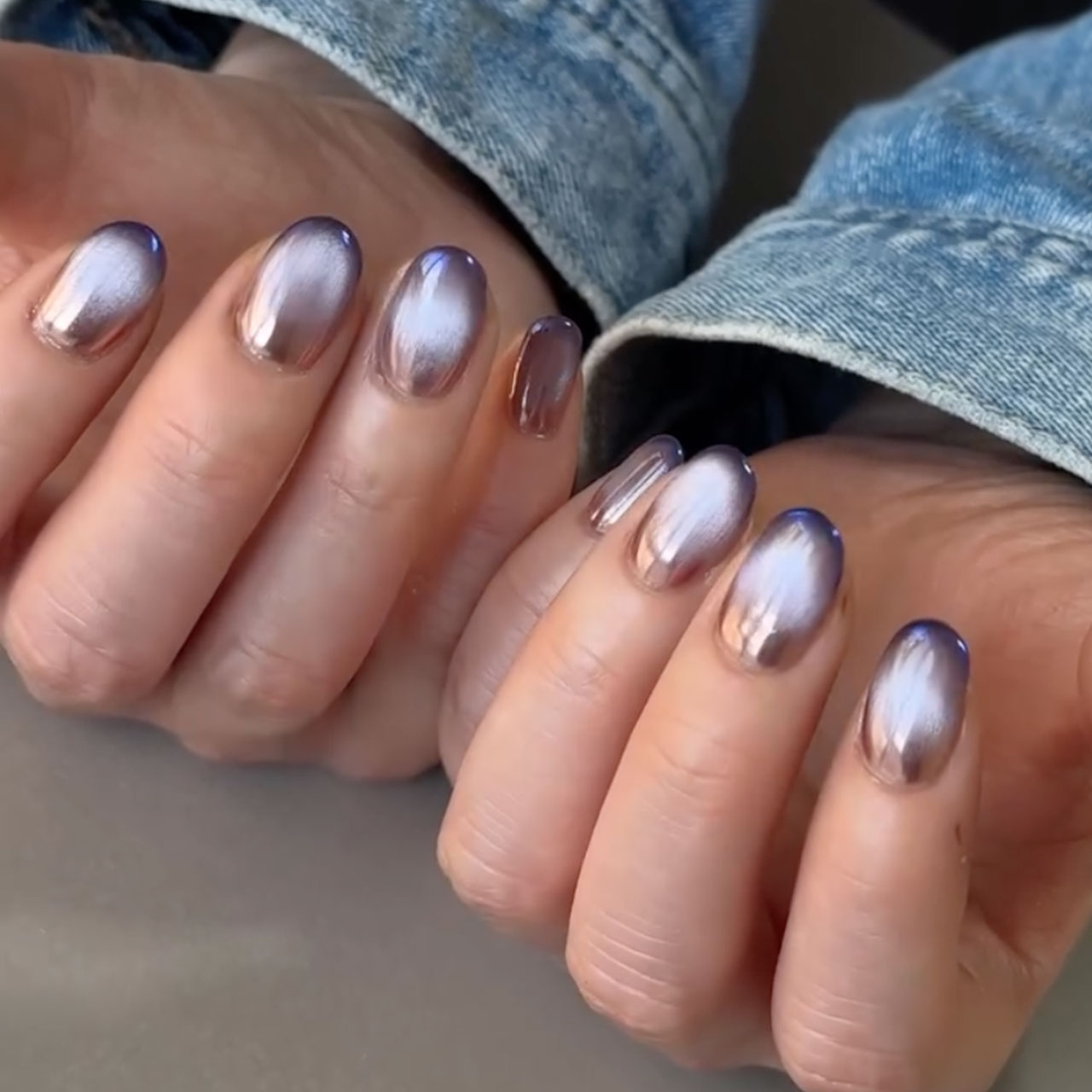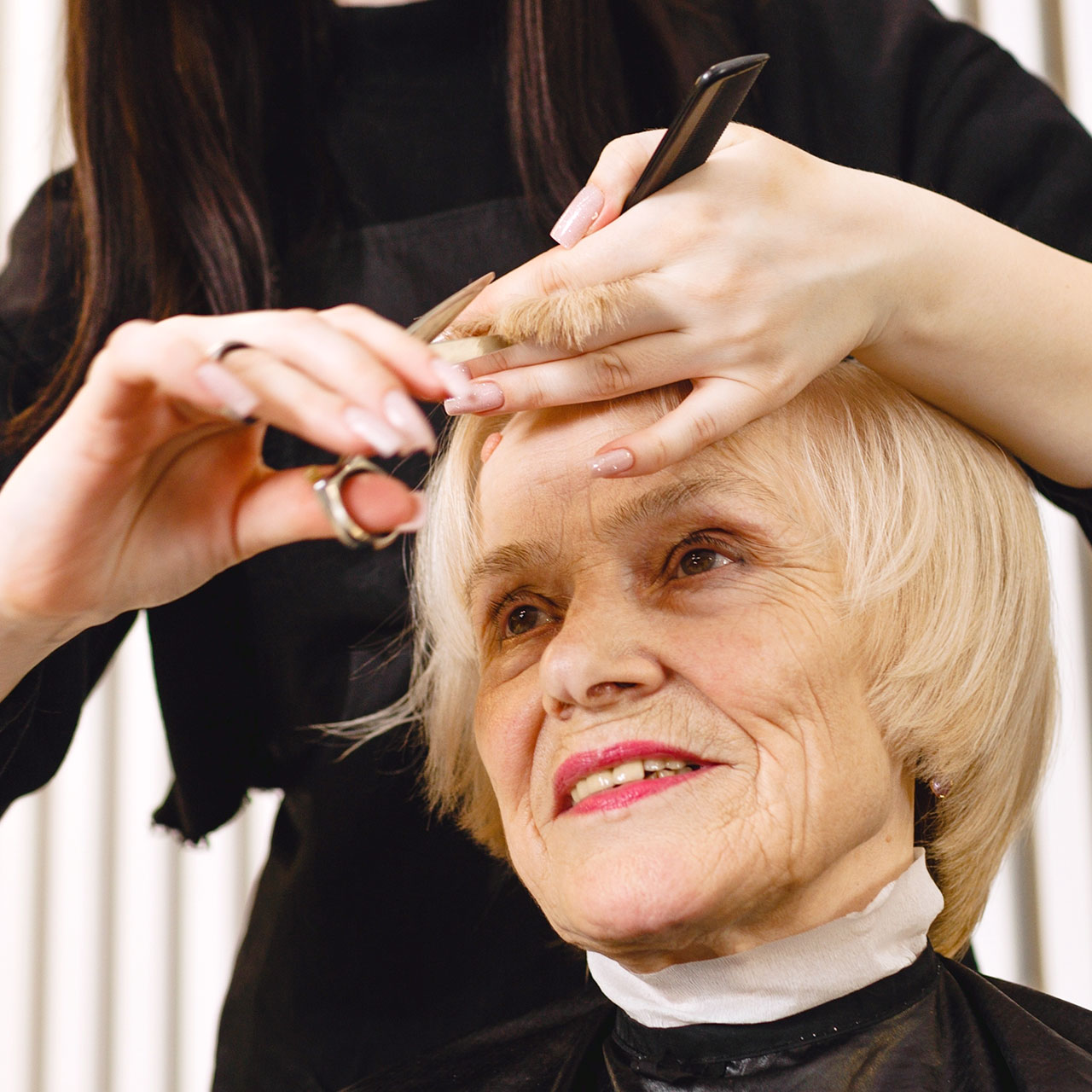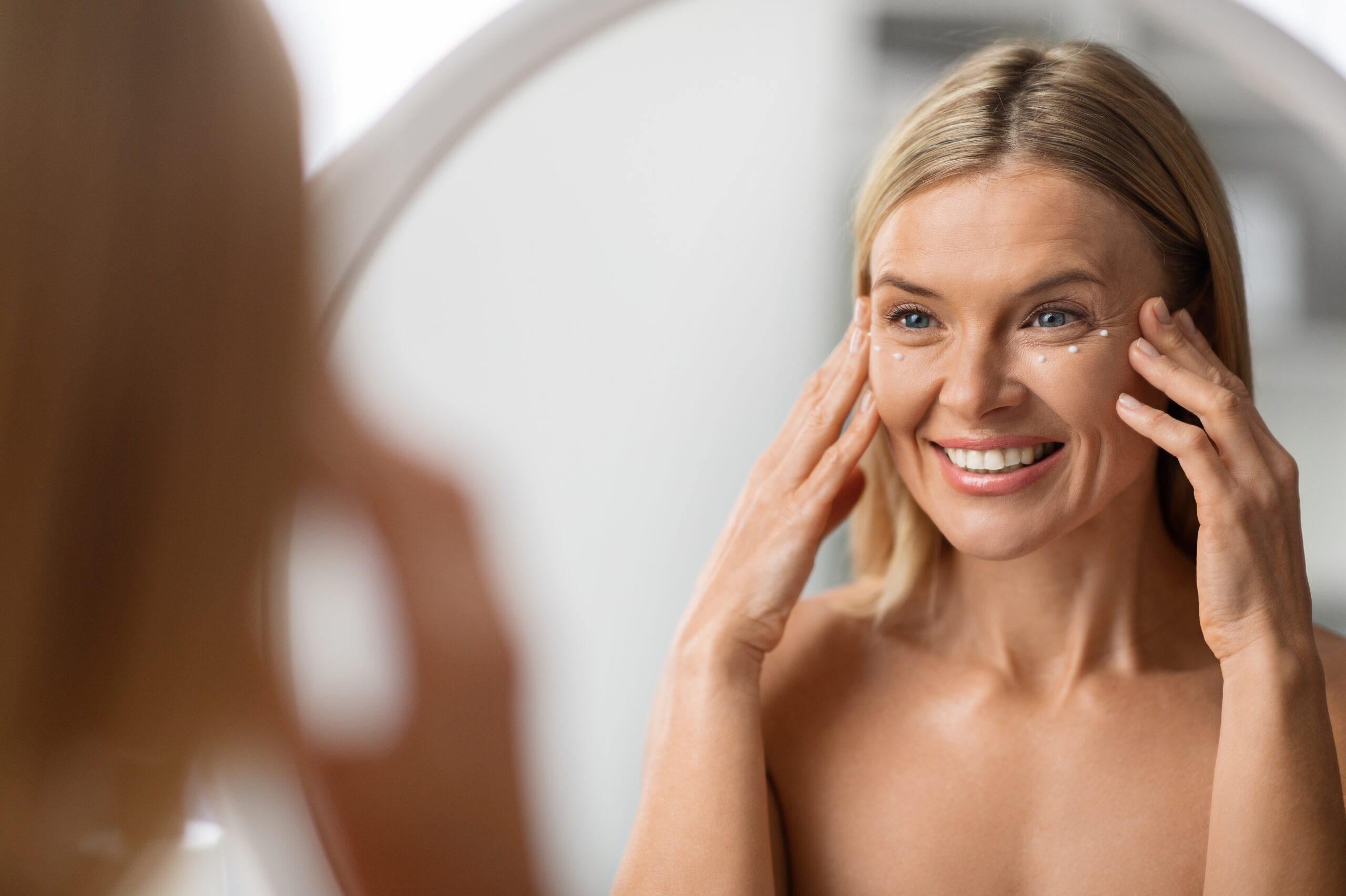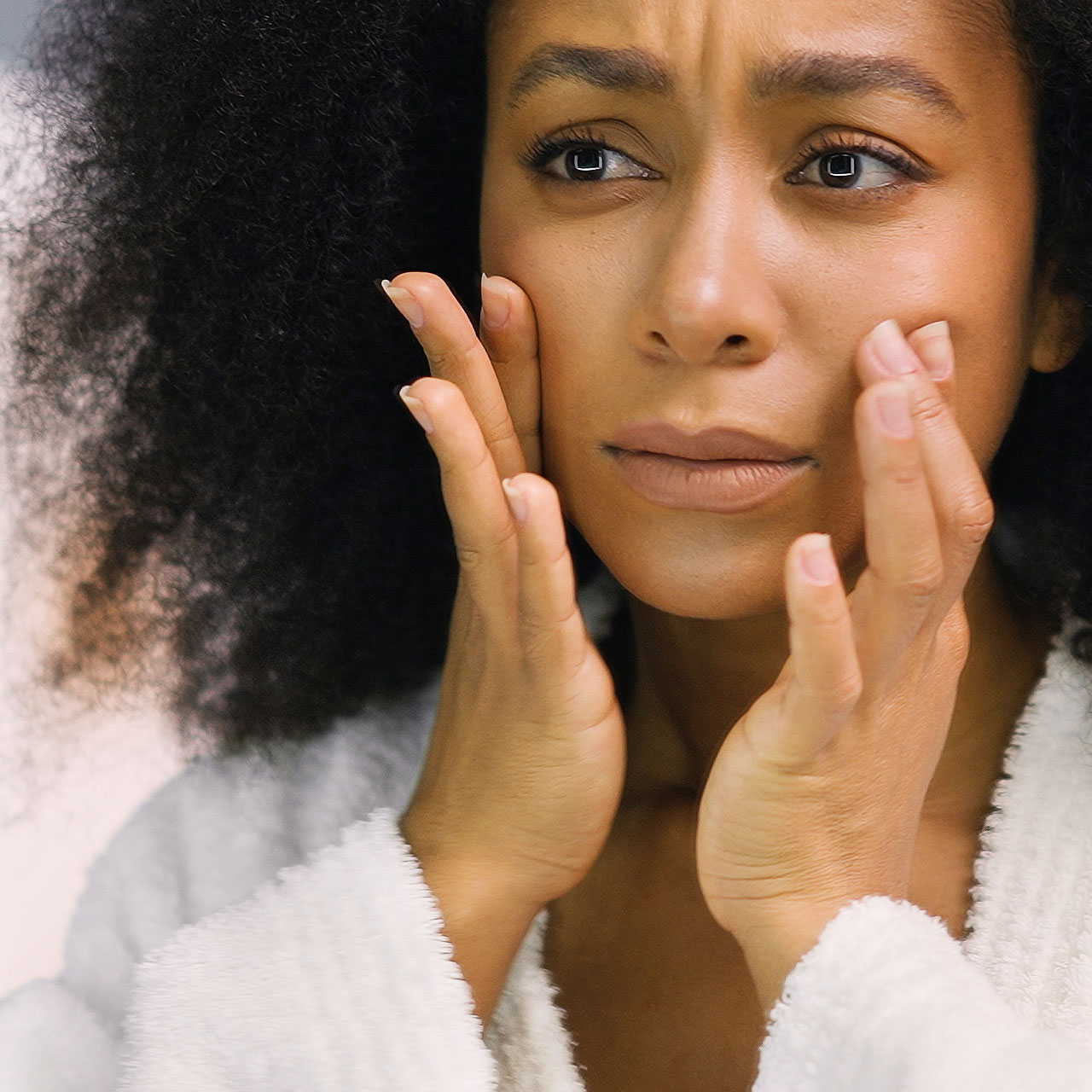It’s hard to imagine that once upon a time we were flinching over skincare products that use unorthodox ingredients like snail mucin and charcoal. But these are just two examples of strange and unlikely skincare allies that are sourced from unexpected places. From squalene to bee venom, many unique ingredients have become commonplace in skincare. But before they reach mainstay cult status they start off as beauty trends. And that’s where fermented skincare comes in. Though you may be more familiar with the term “fermented” as it relates to foods like miso or sauerkraut, it’s a hot skincare trend that many experts say is worth the hype. What are fermented skincare products? We asked experts all about the rising trend.
What Is Fermented Skincare?
What you already know about fermented foods applies to skincare, as well. “Fermentation is an anaerobic metabolic process carried out by microorganisms like bacteria and yeast where sugar is converted to alcohol or organic acids,” says Krupa Koestline, Clean Cosmetic Chemist and Founder of KKT Consultants. “This is how a lot of fermented food and drinks are made, like yogurt, kimchi, natto, and kombucha.”
According to Koestline, there are two theories as to how fermented ingredients benefit the skin. “The first is that through fermentation, actives are broken down into smaller entities which are easier for the skin to absorb,” Koestline says. “Depending on the fermented source, byproducts from fermentation like the various organic acids (gluconic acid, acetic acid, glucuronic acid), hydrolytic enzymes, water-soluble vitamins, lipids, amino acids, polyphenols, coenzyme Q10, and Superoxide Dismutase that are beneficial to the skin as well. These actives are easily absorbed and provide anti-inflammatory and skin-boosting benefits, like increasing microcirculation, improving collagen synthesis, and more.”

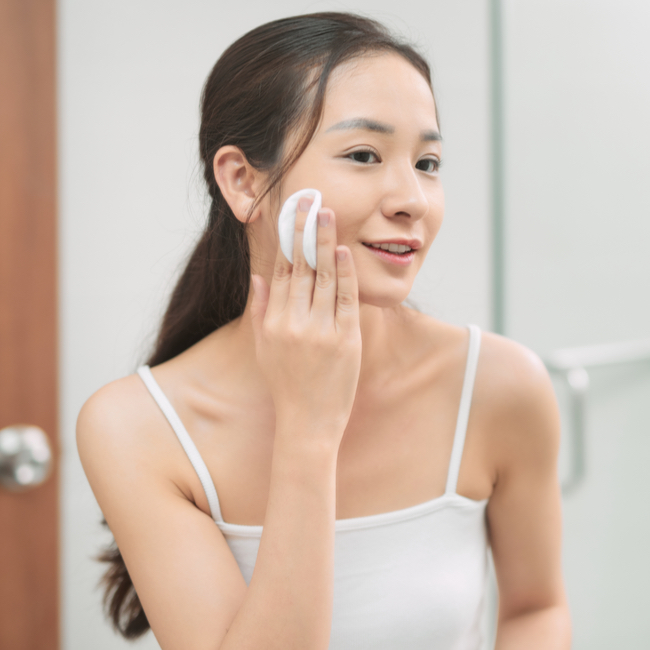
A lot of skin actives we use today are sourced from fermentation as well, as it's more sustainable to harvest, Koestline adds. “For example, Polyglutamic Acid (PGA), a hydrating ingredient, is mostly sourced through fermentation nowadays,” Koestline says.
Where Can I Find Fermented Skincare
Good news if you want to try out the fermented skincare trend: you can find a few great products in various price points. Koestline recommends the following:
*Mara Skin Evening Primrose + Green Tea Algae Retinol Oil - fermented green tea
*May Lindstrom Skincare The Youth Dew - uses coenzyme Q10 source from microbial fermentation
*The Beauty Chef - Probiotic Skin Refiner
*Biophile Bio-Shroom Rejuvenating Serum
*Sweet Chef Ginger Kombucha + Vitamin D Chill Mist


